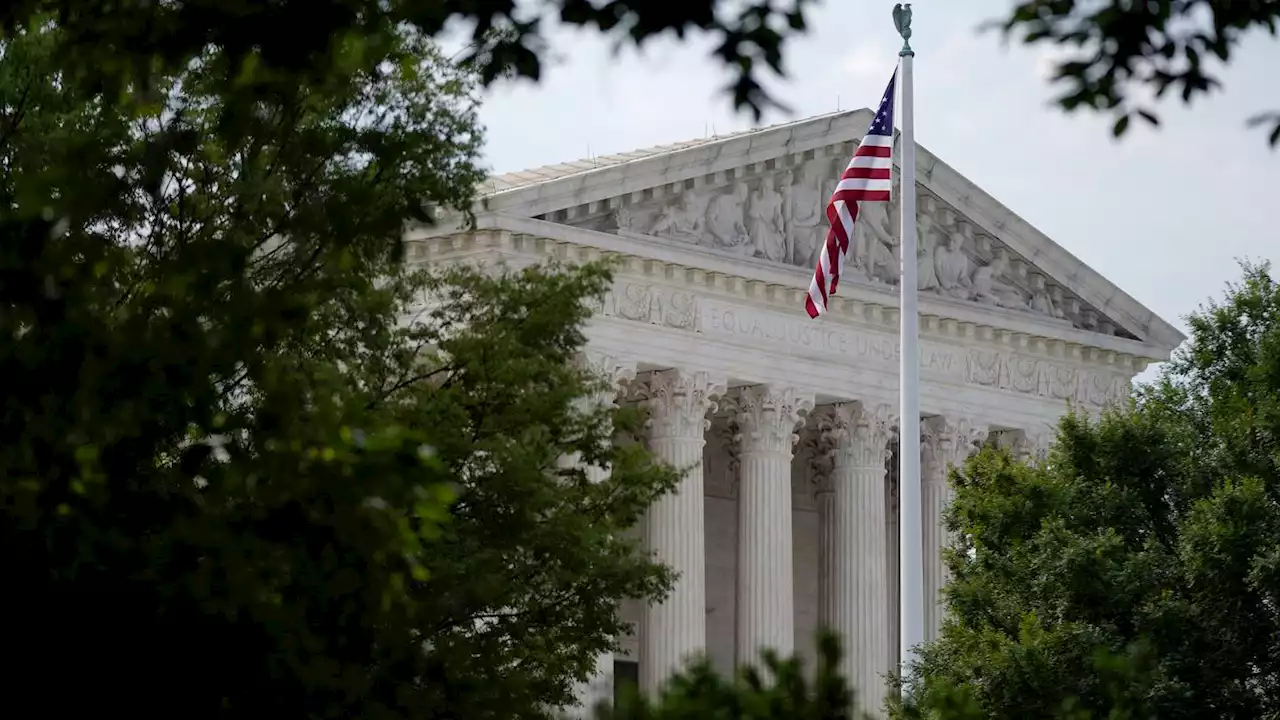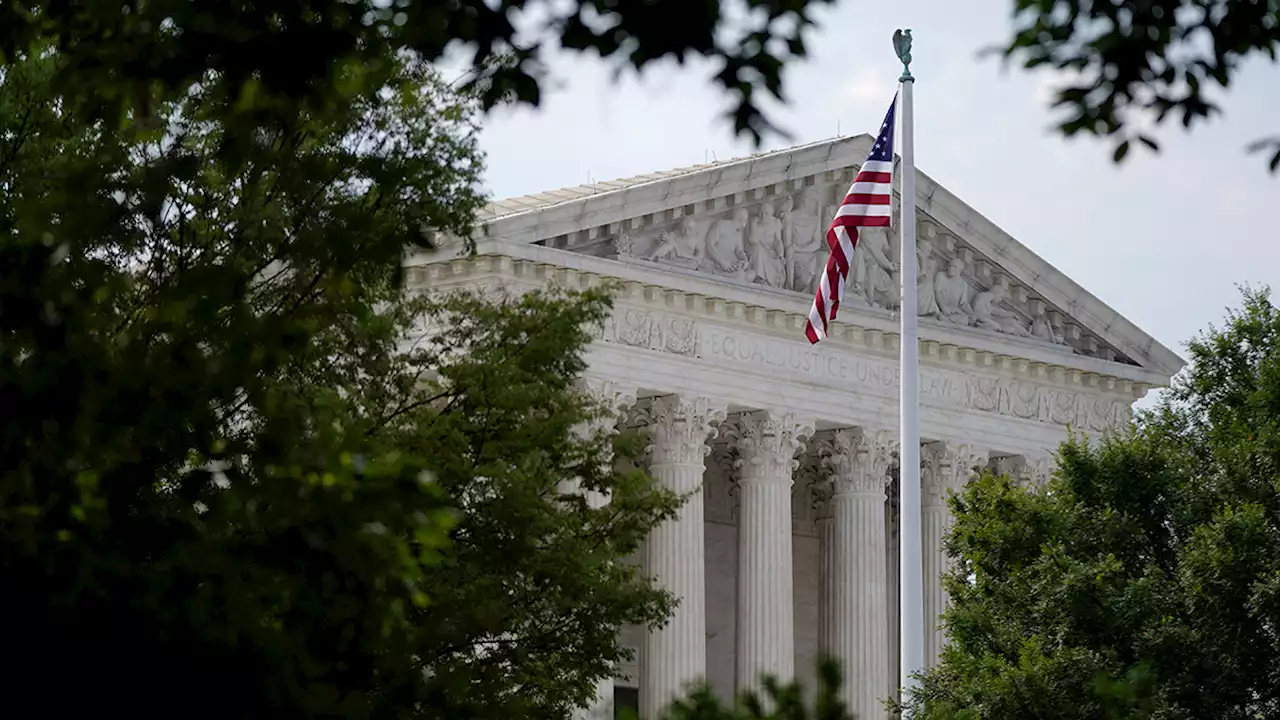When lawyers argue before the Supreme Court, a small white light goes on to tell them when their time is almost expired and then a red light signals when they should stop. But arguments this term are extending well beyond the red light's cue.
“Just barely," Gorsuch replied to laughter from the audience. “It must not feel like it standing where you are.”The reason high court arguments are running longer goes back to a change the justices made in 2020. After the pandemic began, the justices decided to hold arguments by telephone and abandoned their typical free-for-all style of questioning. Instead, each justice got a few minutes to ask questions in order of seniority.
According to Adam Feldman, the creator of the Empirical SCOTUS blog, Jackson has spoken about 36,000 words this term while her most vocal colleague, Justice Elena Kagan, has spoken only about 24,000. “The audience could not see them eating, but they could very distinctly hear the rattle of the knives and forks,” court history expert Clare Cushman has written.
That's compared with an hour and 27 minutes for Bush v. Gore in 2001. In 2012, arguments over President Barack Obama's health care law stretched for approximately six and a half hours over three days.
Ireland Latest News, Ireland Headlines
Similar News:You can also read news stories similar to this one that we have collected from other news sources.
 At the Supreme Court, it's taking longer to hear casesSupreme Court arguments are continuing long after a red light tells lawyers to stop
At the Supreme Court, it's taking longer to hear casesSupreme Court arguments are continuing long after a red light tells lawyers to stop
Read more »
 At the Supreme Court, it’s taking longer to hear casesJustices have said in the past that lawyers' written briefs, not oral arguments, most influence their decisions, so it's unclear if the extra time is really helping them decide cases.
At the Supreme Court, it’s taking longer to hear casesJustices have said in the past that lawyers' written briefs, not oral arguments, most influence their decisions, so it's unclear if the extra time is really helping them decide cases.
Read more »
 IL Supreme Court halts Pre Trial Fairness Act, preventing no cash bail provision from taking effectThe ruling means no cash bail provisions will be going into effect Jan 1, pending an appeal.
IL Supreme Court halts Pre Trial Fairness Act, preventing no cash bail provision from taking effectThe ruling means no cash bail provisions will be going into effect Jan 1, pending an appeal.
Read more »
 Illinois Supreme Court Pauses Plans to Eliminate Cash Bail on Eve Before Taking EffectThe Illinois Supreme Court on Saturday posted an online notice that it is staying the Pretrial Fairness Act, the law within a broader criminal justice overhaul called the SAFE-T Act, which contains the cashless-bail change. The stay will remain in place until the justices issue a new order.
Illinois Supreme Court Pauses Plans to Eliminate Cash Bail on Eve Before Taking EffectThe Illinois Supreme Court on Saturday posted an online notice that it is staying the Pretrial Fairness Act, the law within a broader criminal justice overhaul called the SAFE-T Act, which contains the cashless-bail change. The stay will remain in place until the justices issue a new order.
Read more »
 Illinois Supreme Court halts plans to eliminate cash bail and other pretrial court changesControversial provision of SAFE-T Act paused by high court to 'maintain consistent pretrial procedures throughout Illinois'
Illinois Supreme Court halts plans to eliminate cash bail and other pretrial court changesControversial provision of SAFE-T Act paused by high court to 'maintain consistent pretrial procedures throughout Illinois'
Read more »
